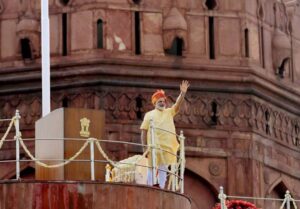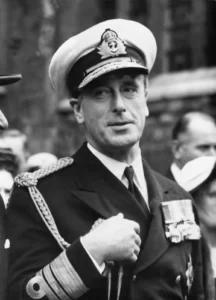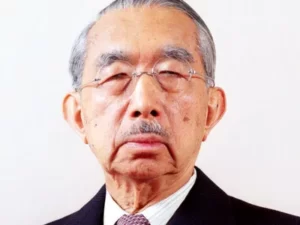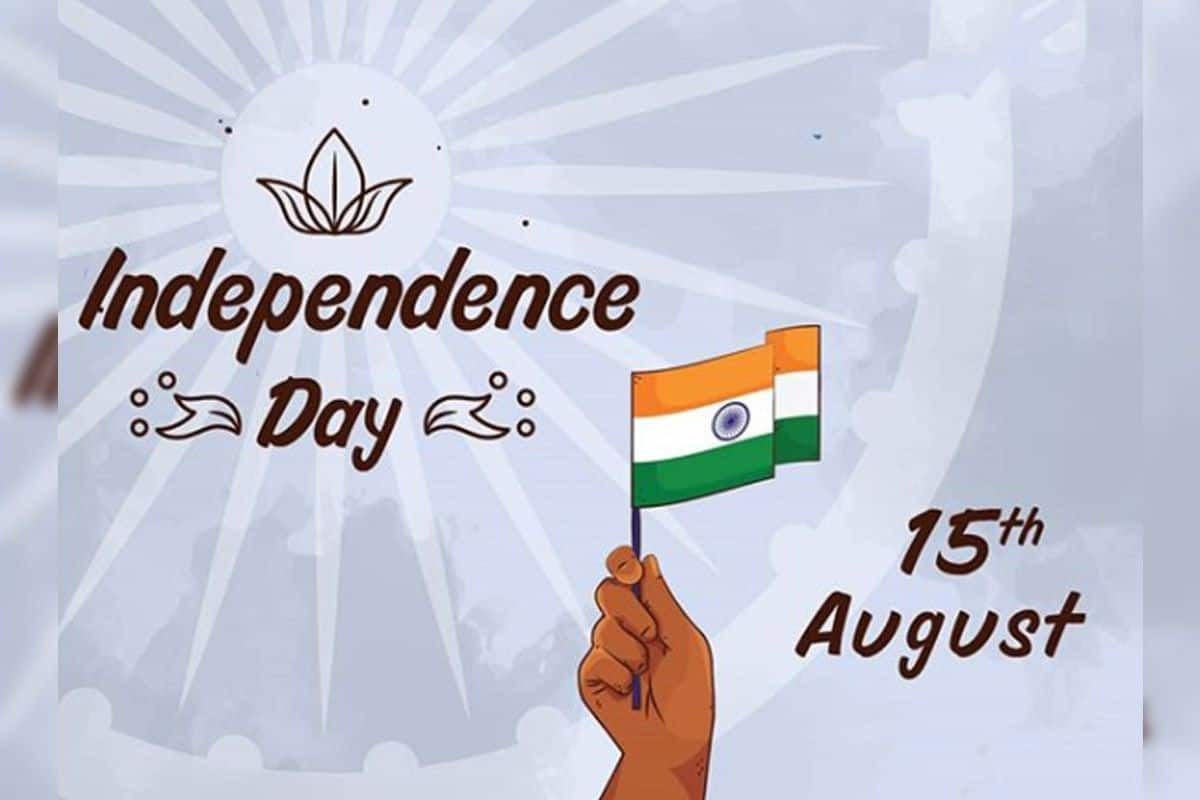India is celebrating its 75th Independence Day today. The people and the government of the country have been celebrating ‘Azadi Ka Amrit Mohatsav’ with zeal and this year’s Independence Day theme is ‘Nation First, Always First’.

PM Modi Addressing On The Red Fort
Image Source: India TV News
PM Modi, like the previous prime ministers, addressed the nation from the famous Red Fort in New Delhi. The tradition was started by the first prime minister, Jawaharlal Nehru when he addressed the crowd from the Red Fort on India’s first Independence Day. However, did you know that several freedom fighters and political leaders wanted to declare January 26 as our Independence Day and not August 15?
So what changed? Why was August 15 chosen? Let’s take a dive into our past.
The Mountbatten Factor:
After successfully managing to kick the British out of the country after years of struggle, the British Parliament had given a mandate to the last viceroy of India, Lord Mountbatten. Lord Mountbatten was appointed on February 12, 1947, and was given the mandate to transfer the power to the Indians by June 30, 1948. After hearing the mandate, several freedom fighters and Indian political leaders protested against it. The Indian National Congress was at the forefront to challenge the mandate and was displeased with it.

Lord Mountbatten
Image Source: Britannica
Agreeing with the Indian leaders, Lord Mountbatten decided to advance India’s Independence Day date to August 15, 1947 and justified it to the British Parliament by stating that it would avoid bloodshed and that he did not want riots in the colony due to the delay.
Why Was August 15 Chosen?
According to various reports, August 15 was chosen by Lord Mountbatten as the date of India’s independence day because it marked the second anniversary of Japan’s surrender in World War 2. While speaking with the press he said, “The date I chose came out of the blue. I chose it in reply to a question. I was determined to show I was the master of the whole event. When they asked if we had set a date, I knew it had to be soon. I hadn’t worked it out exactly then — I thought it had to be about August or September, and I then went out to August 15. Why? Because it was the second anniversary of Japan’s surrender.”

Emperor Hirohito
Image Source: Britannica
The Japanese surrendered on August 15, 1945, when Emperor Hirohito addressed Japan announcing the surrender. Japan was the last axis power to surrender and was severely damaged by the nuclear blasts which occurred in Hiroshima and Nagasaki on August 6 and 9 respectively.
When Lord Mountbatten’s decision was informed in the British Parliament, the House of Commons passed the Indian Independence Bill on July 4, 1947. The Act decided that two separate dominions of Pakistan and India would be created.

The British House Of Commons. Image For Representation
Image Source: Britannica
The Opposition To The Date:
Several Indian astrologers opposed the date as it was deemed to be inauspicious. According to the Hindu calendar, August 15 1947 begins at sunrise (around 4:30-6 AM) but the Georgian calendar stated that a new day begins at midnight. To avoid inauspiciousness, it was decided that India will get independence at 00:00 hours on August 15, 1947.
References: Times Now
Featured Image Source: Colombo Plan College




















































































Pingback: Shri Aithappa G. Karkera: The Unsung Hero And Radical Freedom Fighter of Udupi -